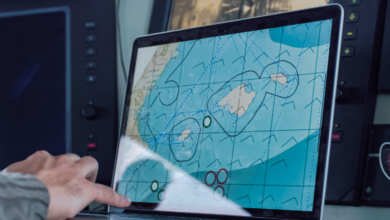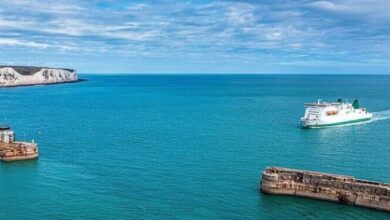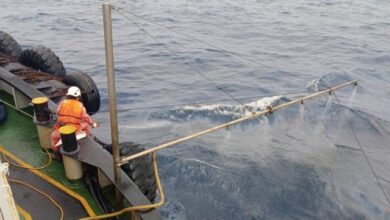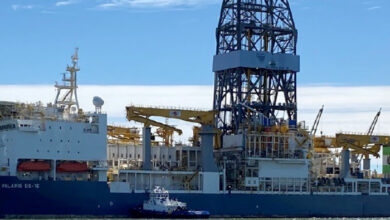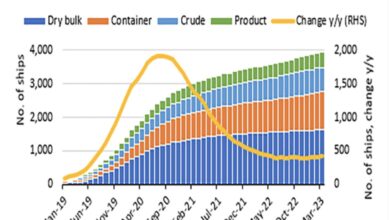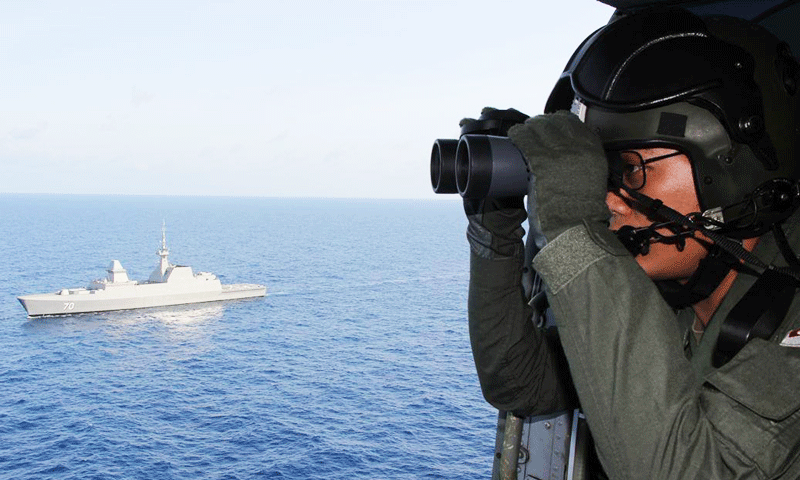
Maritime power plays a vital role in ensuring geopolitical stability and progression of geoeconomics, and India’s geography makes a compelling case for maritime expansion and strategic ties.
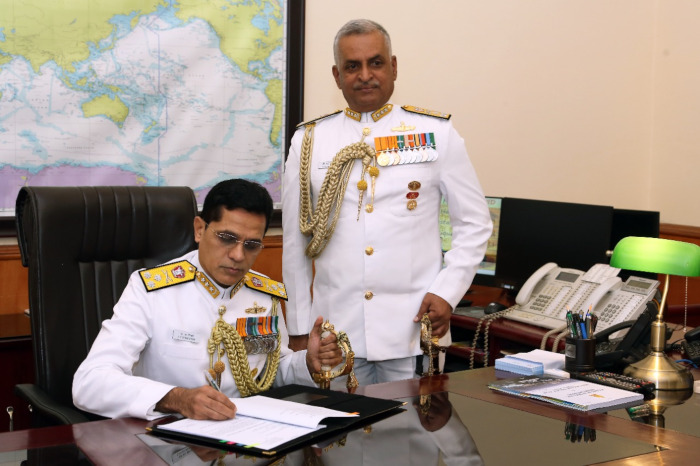
Indian Navy Vice Admiral SN Ghormade recently announced that India’s first indigenous aircraft carrier, INS Vikrant, will be commissioned on September 2, 2022, in the presence of Prime Minister Narendra Modi.
India currently has only one conventional aircraft carrier, INS Vikramaditya, which is a modified Kiev-class carrier, on its western seaboard. INS Vikrant will be India’s second aircraft carrier set to be commissioned. This aircraft carrier will be deployed on India’s eastern seaboard after one year alongside INS Vikramaditya on the western coast.
There is an age-old saying that goes by “who rules the seas rules the world”. It holds true even to this day. Though India is definitely not competing to dominate the world with military might, it is of prime importance to ensure regional stability and security. This would best be achieved by ensuring the dominance of the Indian Ocean region and simultaneously working with other global partners to ensure freedom of navigation in the Indian and Pacific oceans.
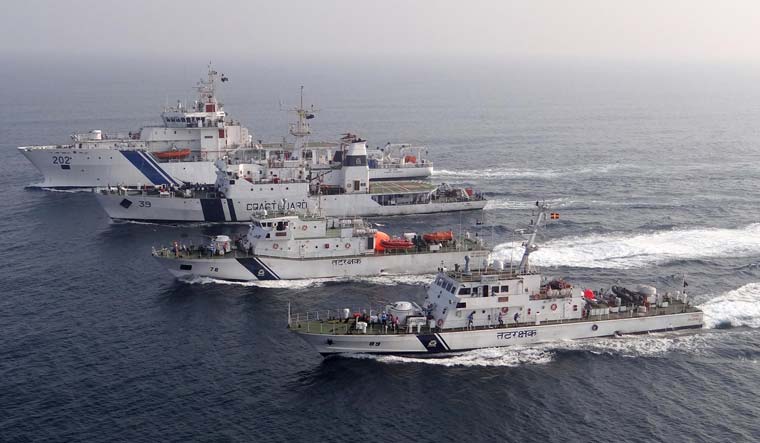
A strong maritime power would ensure the security and integrity of India and its littorals from all types of threats emanating from the sea. Threatened by China in the east and Pakistan in the west, India faces a serious challenge to its security in the maritime domain. Sea pirates and non-state actors add other dimensions to this challenge.
The Indian Maritime Doctrine and Ensuring Secure Seas: Indian Maritime Security Strategy are two key official documents that deal with the subject of maritime security in India.

Why India Cannot Ignore Its Maritime Security
In this era of maritime dominance, India’s geography makes a compelling case for maritime expansion and strategic ties. In the existing global environment of geoeconomics, maritime power leads the discourse.
The entire construct of foreign policies is now based on the strength of economic power complemented by the capability of a country to be the net regional and global security guarantor.
The USA is currently the sole global maritime power. But China is rising, emerging as a serious challenger to American dominance. According to China’s President Xi Jinping, the Chinese military will be technologically advanced enough by 2035 to challenge any modern military in the world, and by 2050 the Chinese economy would be strong enough to dislodge the US from its sole superpower status.
Disregarding the rule-based order, China has challenged the United Nations Convention on the Law of the Sea (UNCLOS) by claiming the whole of the South China Sea as its territorial waters.
This has serious repercussions on the security of smaller countries in the region and disrupts international trade and the global economy. In short, it threatens the existing world order based on the principles of democracy, cooperation and free trade.
In this evolving geostrategic scenario, India cannot ignore its maritime security. The unchallenged rise of authoritarian China will cast a serious shadow on our own security dynamics. The ongoing disputes, claims and counter claims ranging from Kashmir to Ladakh, and right up to Arunachal Pradesh could become flashpoints for future conflicts.
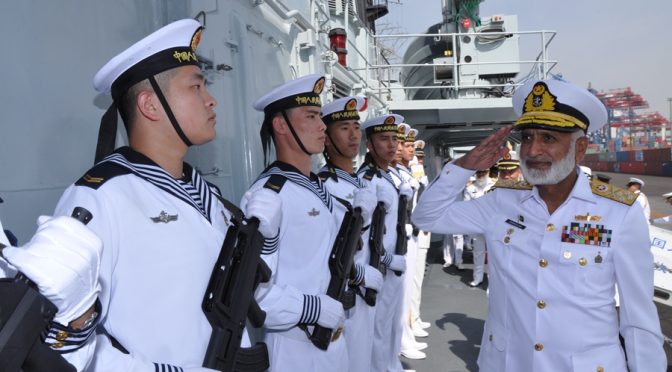
Unsecured sea lanes and Chinese naval dominance would potentially end up stifling India’s economy. And a weak economy would translate into weaker security, presenting an opportunity for the adversaries to exploit. It is an assured recipe for regional instability bearing dangerous consequences for India.
Defence of India being a complex matter involving various elements of the state meshed up into a formidable matrix, the armed forces are an essential part thereof. Within this framework, Indian maritime power plays a very vital role in ensuring geopolitical stability and progression of geoeconomics — in turn enabling steady economic progress, eventually leading to an overall stronger defence and vice versa.
As India enters a new phase of stability in the Indian Ocean region and challenging Chinese hegemonic designs in South China sea and the Pacific, a strong case for a third aircraft carrier is also being felt with urgency.
In this context of maritime powers, let us remind ourselves of the US Navy slogan, which refers to its aircraft carriers as “4.5 acres of sovereign territory”. This is an indicator of the value that a carrier brings to situations that require area dominance and show of force.
A strong carrier-based Navy puts India in a different league. It provides agility to project force to safeguard national interest and simultaneously ensure freedom of navigation, protection of vital shipping lanes, EEZ and territory through maritime dominance.
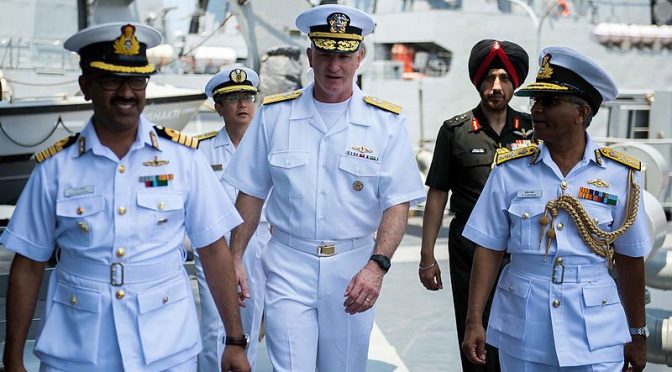
Source: APB Live



